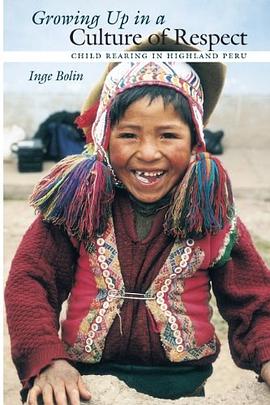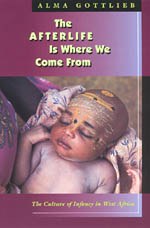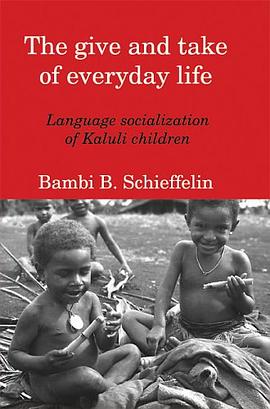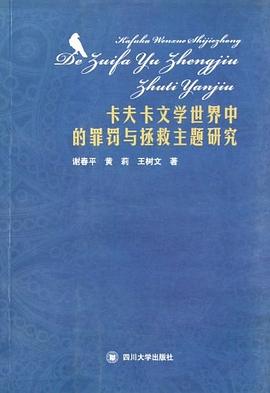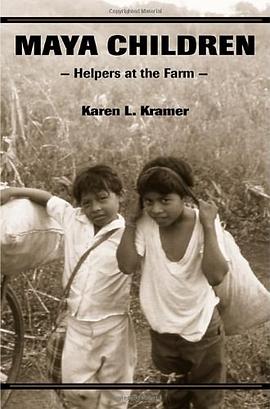

具體描述
Among the Maya of Xculoc, an isolated farming village in the lowland forests of the Yucatan peninsula, children contribute to household production in considerable ways. Thus this village, the subject of anthropologist Karen Kramer's study, affords a remarkable opportunity for understanding the economics of childhood in a pre-modern agricultural setting. Drawing on a range of theoretical perspectives and extensive data gathered over many years, Kramer interprets the form, value, and consequences of children's labor in this maizebased culture. She looks directly at family size and birth spacing as they figure in the economics of families; and she considers the timing of children's economic contributions and their role in underwriting the cost of large families. Kramer's findings - in particular, that the children of Xculoc begin to produce more than they consume long before they marry and leave home - have a number of interesting implications for the study of family reproductive decisions and parent-offspring conflict, and for debates within anthropology over children's contributions in hunter/gatherer versus agricultural societies. With its theoretical breadth, and its detail on crop yields, reproductive histories, diet, work scheduling, and agricultural production, this book sets a new standard for measuring and interpreting child productivity in a subsistence farming community.
著者簡介
圖書目錄
讀後感
評分
評分
評分
評分
用戶評價
相關圖書
本站所有內容均為互聯網搜索引擎提供的公開搜索信息,本站不存儲任何數據與內容,任何內容與數據均與本站無關,如有需要請聯繫相關搜索引擎包括但不限於百度,google,bing,sogou 等
© 2025 book.quotespace.org All Rights Reserved. 小美書屋 版权所有

